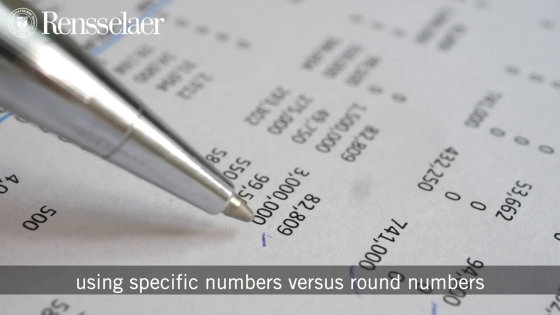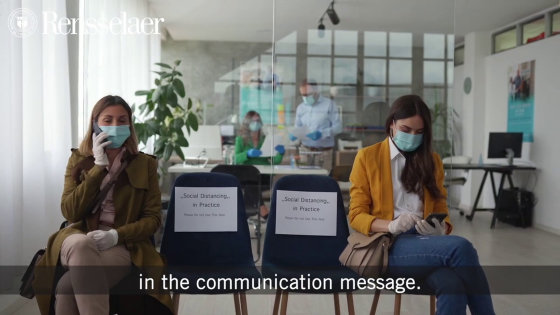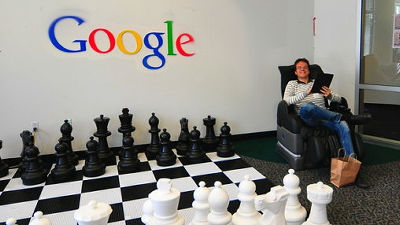People rate 'rough numbers' higher than 'fine numbers'

In the case of 'Do you want to save 90% on product discounts or 91.27%', the latter is actually more profitable, but somehow people value the number '90%' highly. I found that there is a tendency.
Humans Actually Have an Irrational Preference For Round Numbers
Revisiting attribute framing: The impact of number roundedness on framing-ScienceDirect
https://www.sciencedirect.com/science/article/abs/pii/S0749597820303617
You can see the research contents from the following movies.
Gaurav Jain Specific Number Attribute Framing-YouTube
The research result that 'people prefer rough numbers over fine numbers even if they work disadvantageously' was shown experimentally by Mr. Gaurav Jain, a behaviorologist at Rensselaer Polytechnic Institute.

Jane conducted 6 experiments on 1552 volunteers. We examined how people's perceptions changed when subjects were presented with sentences containing 'detailed numbers' or 'rough numbers'.
What this experiment showed is that people take detailed numbers as offensive. During the experiment, researchers discovered that when they were shown a small number, they stopped for thought. Then, when the subject saw a fine number that was not easy to understand, it was negative compared to the ideal number such as '100%', which was easy to understand It was said to have been evaluated.

'Numbers are a kind of language and can give us a non-numeric view. When we showed the numbers in detail, the rating worsened. There is no clear reason why this happens. That's an amazing result,' says Jain.
Although the experiment did not provide specific text on the new coronavirus, the findings are believed to have implications for marketing as well as public health practices. For example, when there were two scenarios, 'when a new coronavirus vaccine was developed that was 91.27% effective' and 'when a new coronavirus vaccine was developed that was 90% effective,' This is because we may decide that a '% effective vaccine' is more effective.

``Management and public health officials should be careful about using detailed numbers, as using this approach in communicating communication can result in a lower subjective assessment of the target of relevant attributes. 'Jane said.
In a

Related Posts:
in Note, Posted by darkhorse_log







